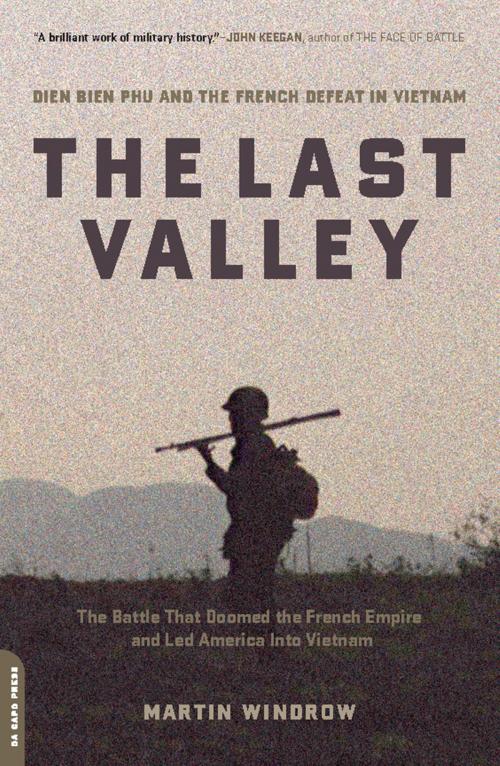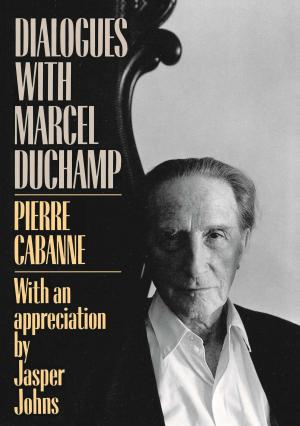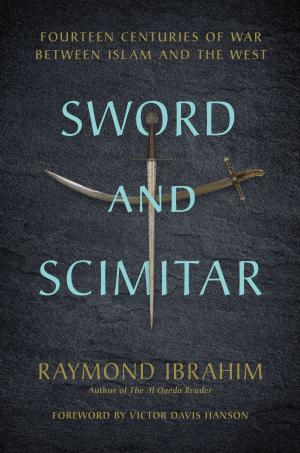The Last Valley
Dien Bien Phu and the French Defeat in Vietnam
Nonfiction, History, Military, Vietnam War, Asian, World History| Author: | Martin Windrow | ISBN: | 9780786737499 |
| Publisher: | Hachette Books | Publication: | March 4, 2009 |
| Imprint: | Da Capo Press | Language: | English |
| Author: | Martin Windrow |
| ISBN: | 9780786737499 |
| Publisher: | Hachette Books |
| Publication: | March 4, 2009 |
| Imprint: | Da Capo Press |
| Language: | English |
In December 1953 French paratroopers, who had been searching for the elusive Vietnamese army, were quickly isolated by them and forced to retreat into their out-gunned and desolate jungle base-a small place called Dien Bien Phu. The Vietnamese besieged the French base for five long and desperate months. Eventually, the demoralized and weakened French were utterly depleted and withdrew in defeat. The siege at Dien Bien Phu was a landmark battle of the last century-the first defeat of modern western forces by an Asian guerilla army.The Last Valley is the first new account of the battle since the 1970s. The author has incorporated much new material from French and Vietnamese sources, including veteran interviews, making this the most complete account to-date. And Martin Windrow has received widespread praise from top historians such as John Keegan and Max Hastings (below), as well as reviewers on both sides of the Atlantic.
In December 1953 French paratroopers, who had been searching for the elusive Vietnamese army, were quickly isolated by them and forced to retreat into their out-gunned and desolate jungle base-a small place called Dien Bien Phu. The Vietnamese besieged the French base for five long and desperate months. Eventually, the demoralized and weakened French were utterly depleted and withdrew in defeat. The siege at Dien Bien Phu was a landmark battle of the last century-the first defeat of modern western forces by an Asian guerilla army.The Last Valley is the first new account of the battle since the 1970s. The author has incorporated much new material from French and Vietnamese sources, including veteran interviews, making this the most complete account to-date. And Martin Windrow has received widespread praise from top historians such as John Keegan and Max Hastings (below), as well as reviewers on both sides of the Atlantic.















